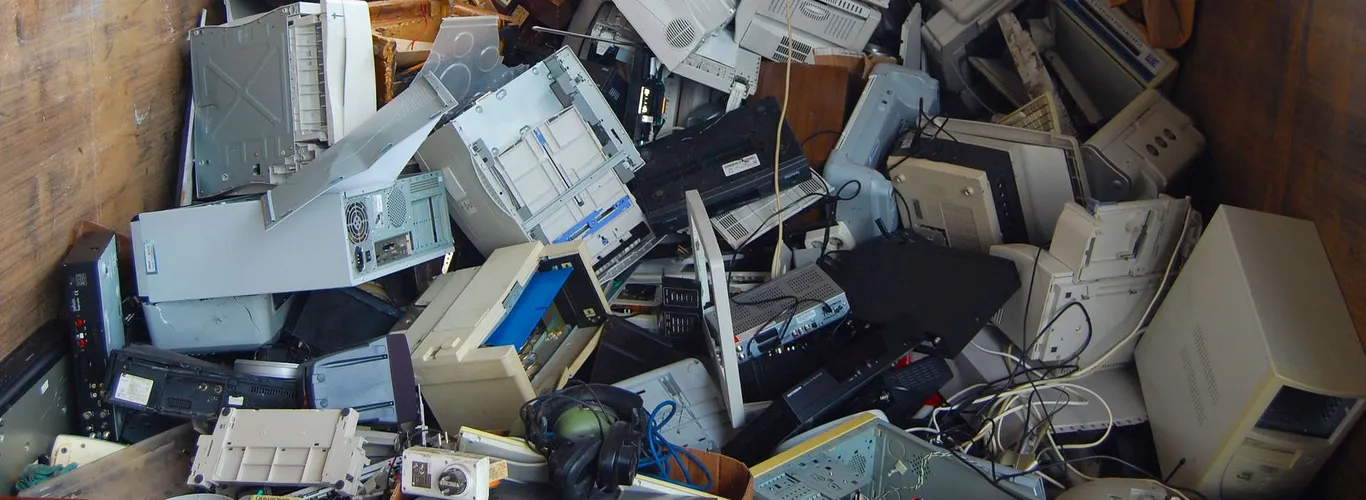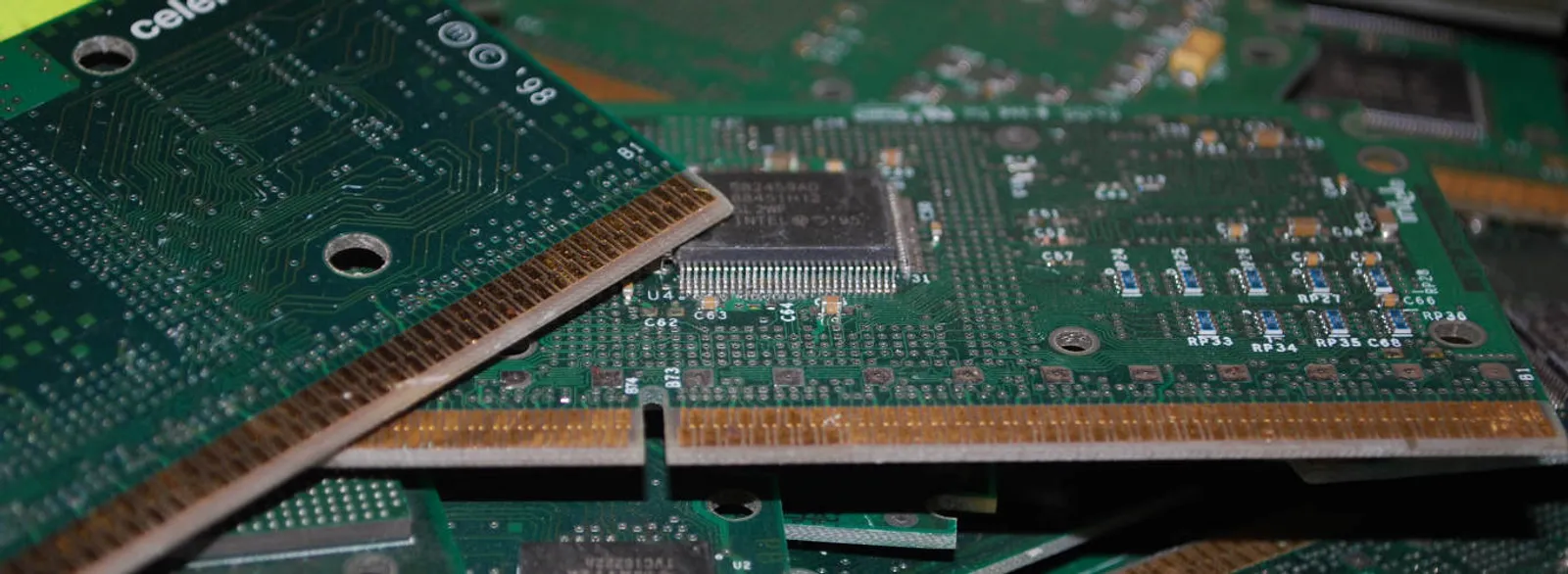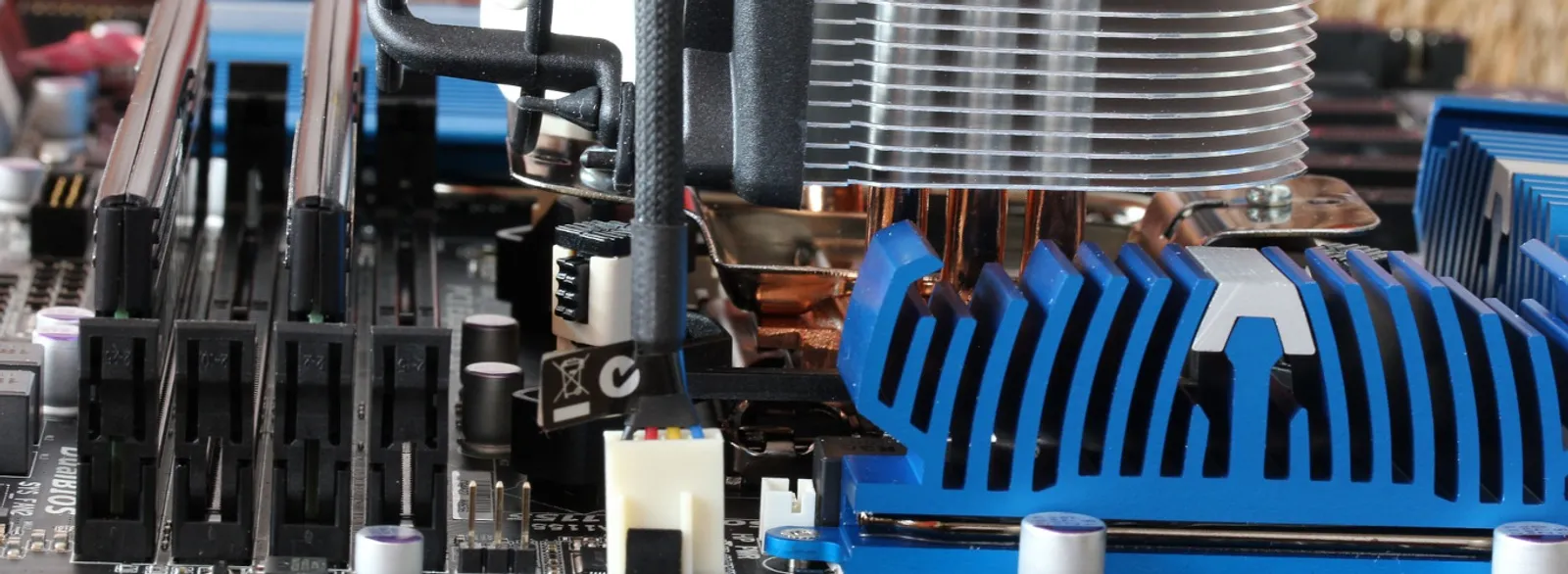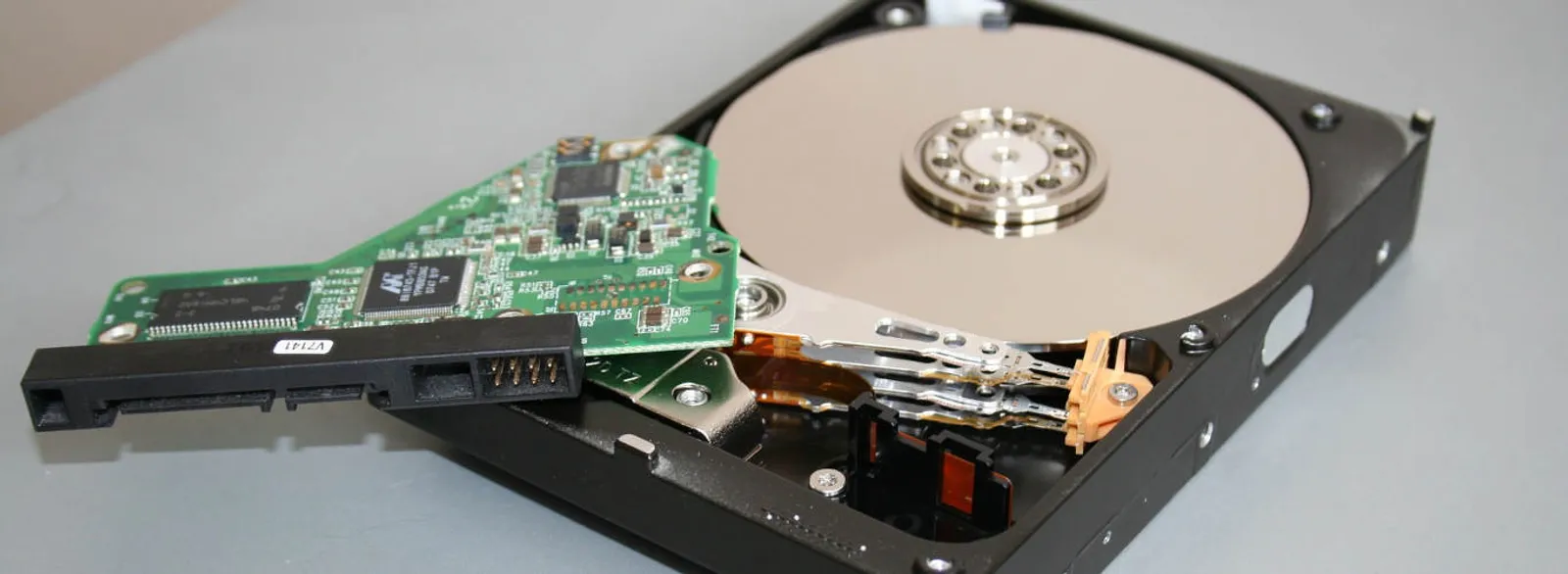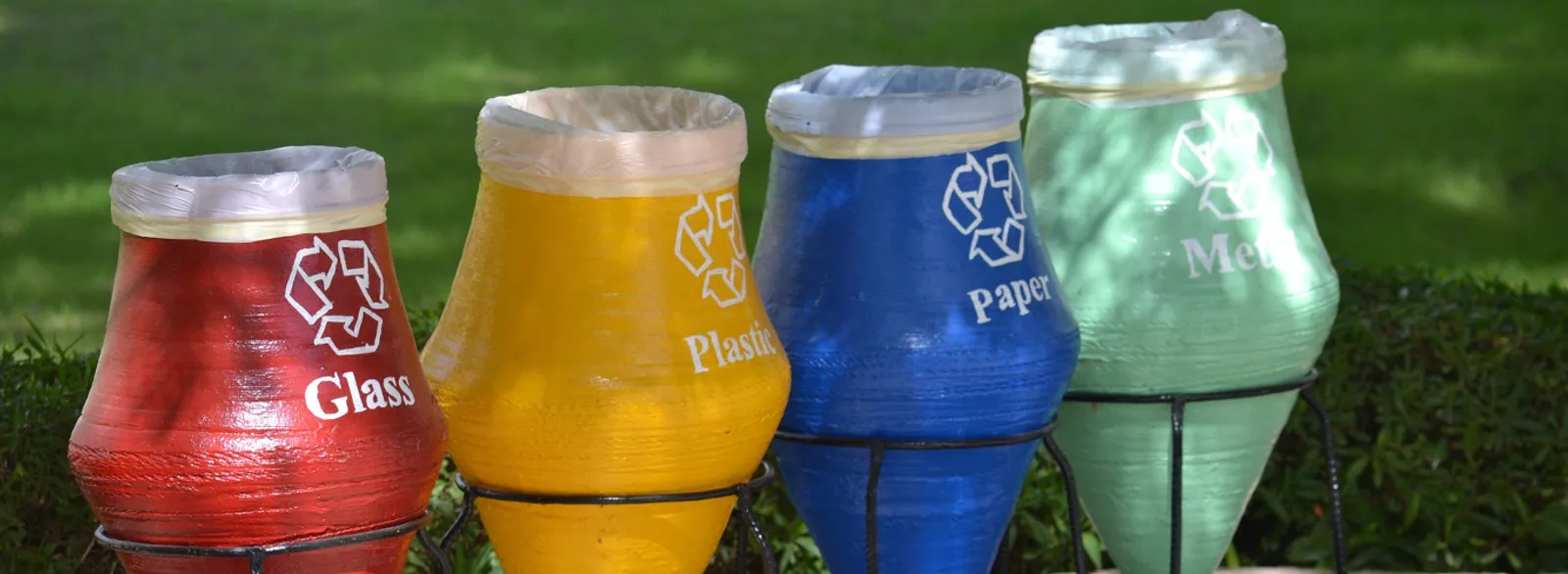If you are interested in ecology and recycling - sign up for our newsletter
Understanding Electronic Waste: What Happens to E-Waste at Service Centers?
Service technicians working with electronic devices encounter significant waste during daily tasks. Old motherboards, processors, cables, plastic casings, and other discarded parts accumulate rapidly. This e-waste, or electronic waste, isn't just junk—it's an environmental problem that can be harmful if not properly handled. This article explores what electronic waste is, why it accumulates in service centers, and what can be done about it.
Electronic waste is one of the fastest-growing waste streams worldwide. With technology advancing rapidly, people constantly upgrade to newer devices, resulting in a significant volume of outdated equipment. For service providers, this means dealing with electronic parts that are no longer usable or relevant—either due to repairs, upgrades, or obsolescence. But what happens to these components after they are discarded?
Much of the e-waste generated at service centers ends up in landfills if not recycled properly. Electronic waste contains hazardous materials, such as lead, mercury, and cadmium, which can seep into the ground, polluting soil and water sources. These materials are toxic to both humans and wildlife, leading to severe environmental consequences if not managed responsibly. Recycling, therefore, becomes essential—not only to prevent pollution but also to reclaim valuable materials for reuse.
The accumulation of e-waste at service centers is a challenge. Old parts take up space, cluttering the workplace and making organization difficult. Additionally, the constant accumulation of obsolete components presents logistical issues. Finding a safe and eco-friendly way to dispose of them is crucial—not just for the workspace but also for environmental responsibility.
Companies like Geomar Recycling offer solutions to help service providers manage their e-waste responsibly. With over two decades of experience, Geomar aims to minimize the environmental impact of electronic waste while supporting efficient collection. Geomar's e-skrap collection services are designed specifically with technicians in mind—offering a simple, quick, and reliable way to dispose of accumulated e-waste, freeing up space, and contributing to a greener planet.
Once Geomar collects the electronic waste, it is sorted by type. Different components require different methods of processing to extract reusable elements. For instance, plastic casings can be repurposed, while circuit boards contain valuable metals like gold, copper, and palladium that can be recovered. Recovering these materials helps reduce the need for mining, which is both energy-intensive and environmentally damaging.
Another critical aspect of electronic waste recycling is the safe disposal of hazardous substances. Many components contain toxic chemicals that require careful handling to avoid contamination. Geomar follows strict safety protocols, ensuring that harmful substances are disposed of properly to minimize environmental impact.
Partnering with an experienced recycling company like Geomar offers benefits beyond clearing space in a workshop. It allows service providers to be part of a broader movement towards sustainability—actively contributing to reducing the environmental burden of electronic waste. Recycling supports the circular economy, where materials from old devices are reused rather than discarded. By choosing to recycle, natural resources are conserved, and the demand for raw material extraction is reduced, which in turn lowers carbon emissions and energy use.
Geomar's mission goes beyond collecting and processing e-waste. The company promotes environmental awareness and aims to educate businesses and individuals about responsible electronic waste management. By collaborating with Geomar, service centers benefit from convenient waste collection services and contribute to raising ecological awareness and promoting sustainable practices.
The importance of recycling electronic waste cannot be overstated. The amount of electronic waste generated globally is expected to continue growing. Without proper recycling practices, this could result in severe environmental consequences. Managing e-waste responsibly at the service center level contributes to a cleaner, healthier planet for future generations.
Partnering with a reliable recycling company like Geomar can help manage waste efficiently. Not only does this improve the workspace, but it also contributes to a sustainable future. Together, the environmental impact of electronic waste can be reduced, ensuring valuable materials are reused to create new technologies.
The Impact of Improper Disposal of Electronic Waste on Nature and Communities
Electronic waste, often referred to as e-waste, is one of the fastest-growing waste streams in the world today. With the constant evolution of technology, older electronic devices are quickly discarded in favor of new models, leaving a significant environmental burden in their wake. Unfortunately, when electronic waste is not handled and disposed of properly, it can lead to severe consequences for both our natural environment and the communities in which we live. This section explores these impacts, shedding light on why responsible e-waste recycling is crucial for the well-being of our planet and society.
Toxic Chemicals Leaching into the Environment
Improper disposal of electronic waste poses a major risk due to the hazardous materials these devices contain. Items like computers, smartphones, monitors, and other electronic gadgets are composed of a variety of metals and chemicals, many of which are highly toxic to the environment. When discarded carelessly, such as in landfills, e-waste breaks down over time and releases dangerous substances into the surrounding soil, water, and air. Components like lead, mercury, cadmium, and brominated flame retardants are common in many devices, and these elements pose a serious threat to ecosystems.
When these harmful chemicals leach into the soil, they can contaminate nearby water sources, such as rivers, lakes, and groundwater. This not only affects aquatic life but also has significant implications for humans who rely on these water sources for drinking, irrigation, and other purposes. Lead contamination, for example, is notorious for its potential to cause neurological damage in both children and adults. Even small amounts of such toxins can have a lasting impact, highlighting the critical importance of properly recycling electronic waste to prevent environmental contamination.
Air Pollution from Incineration
Another dangerous consequence of improper e-waste disposal comes from incineration, a method sometimes used to reduce the volume of waste. When electronic components are burned, they release toxic fumes into the atmosphere. These fumes contain hazardous chemicals like dioxins and furans, which are not only harmful to the environment but also to human health.
In communities near incineration sites, exposure to these toxic fumes can lead to respiratory issues, cardiovascular diseases, and even cancer. The release of heavy metals like mercury and cadmium into the air further exacerbates air pollution, affecting the quality of the air we breathe. By properly recycling e-waste, these harmful emissions can be avoided, and valuable resources can be recovered from old electronics without putting human health and the environment at risk.
Loss of Valuable Resources
Electronic devices are made using a wide array of valuable materials, including precious metals such as gold, silver, and palladium, as well as rare earth elements. When e-waste is improperly disposed of, these valuable resources are lost forever. Mining for new raw materials to produce electronic devices is both resource-intensive and environmentally damaging, often involving processes that lead to deforestation, soil erosion, and water pollution.
Recycling electronic waste, on the other hand, allows us to recover these precious materials and reuse them in the production of new devices. This reduces the need for mining and helps to conserve the earth's finite natural resources. By adopting proper e-waste recycling practices, we can ensure that the materials in our old gadgets are given a new lease on life, supporting a more sustainable and circular economy.
Impact on Vulnerable Communities
Improper disposal of electronic waste also has significant social implications, particularly for vulnerable communities in developing countries. Much of the world's e-waste ends up being exported to countries where environmental regulations are lax or poorly enforced. In these regions, informal e-waste recycling operations are often carried out by untrained workers, including children, who dismantle electronic devices by hand, often without any protective equipment.
These workers are exposed to a range of toxic substances, which can lead to severe health issues, including respiratory problems, skin disorders, and neurological damage. The surrounding communities also suffer, as the improper handling of e-waste leads to widespread contamination of the local environment, affecting soil, water, and air quality. By ensuring that electronic waste is recycled responsibly, we can help protect these vulnerable communities from the harmful effects of toxic exposure and environmental degradation.
The Role of Responsible Recycling in Protecting Nature and Communities
Addressing the challenges posed by improper e-waste disposal requires a collective effort from individuals, businesses, and governments. Companies like Geomar Recycling play a crucial role in ensuring that electronic waste is handled in an environmentally responsible manner. By offering comprehensive recycling services and promoting eco-friendly practices, Geomar helps to prevent the harmful effects of improper e-waste disposal on both nature and communities.
Service providers, such as electronic equipment technicians, can also contribute by partnering with reputable recycling companies to ensure that the waste generated from their activities is disposed of safely. This not only helps to protect the environment but also creates a healthier and safer workspace by reducing the clutter of accumulated e-waste.
Consumers, too, have a part to play. By making informed choices about how they dispose of their old electronic devices, individuals can help reduce the environmental impact of e-waste. Donating functioning electronics, returning devices to manufacturers for proper recycling, and supporting companies that prioritize sustainable practices are all steps that can make a significant difference.
In conclusion, the improper disposal of electronic waste has far-reaching consequences for both the environment and communities. From the leaching of toxic chemicals into the soil and water to the harmful emissions from incineration and the exploitation of vulnerable communities, the impact of irresponsible e-waste disposal cannot be overstated. Certified recyclers like Geomar Recycling play a vital role in mitigating these impacts by ensuring that e-waste is processed safely and responsibly. By embracing responsible recycling practices, we can help protect our planet's natural resources, reduce pollution, and support the health and well-being of communities around the world. Together, we can create a cleaner, safer, and more sustainable future for everyone.
